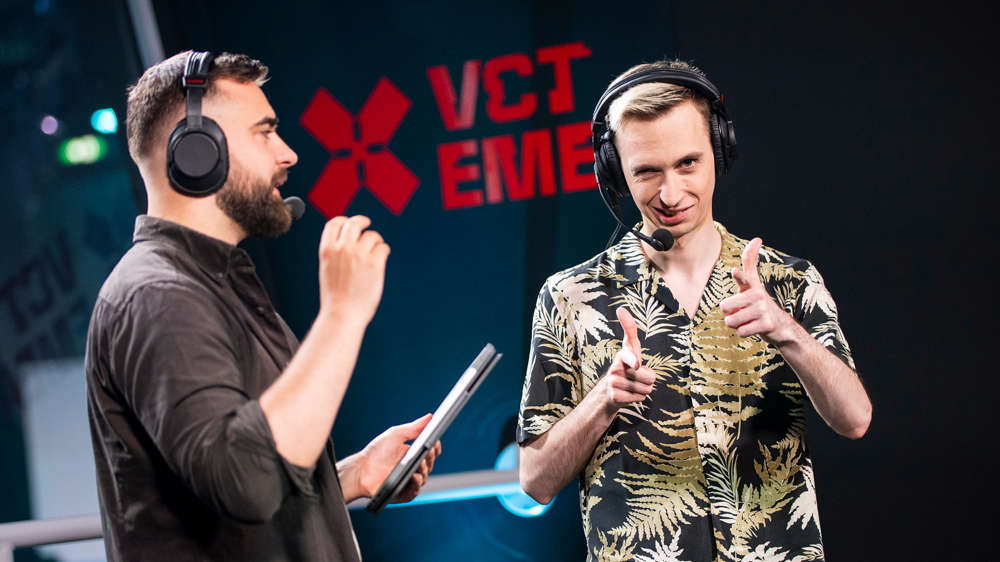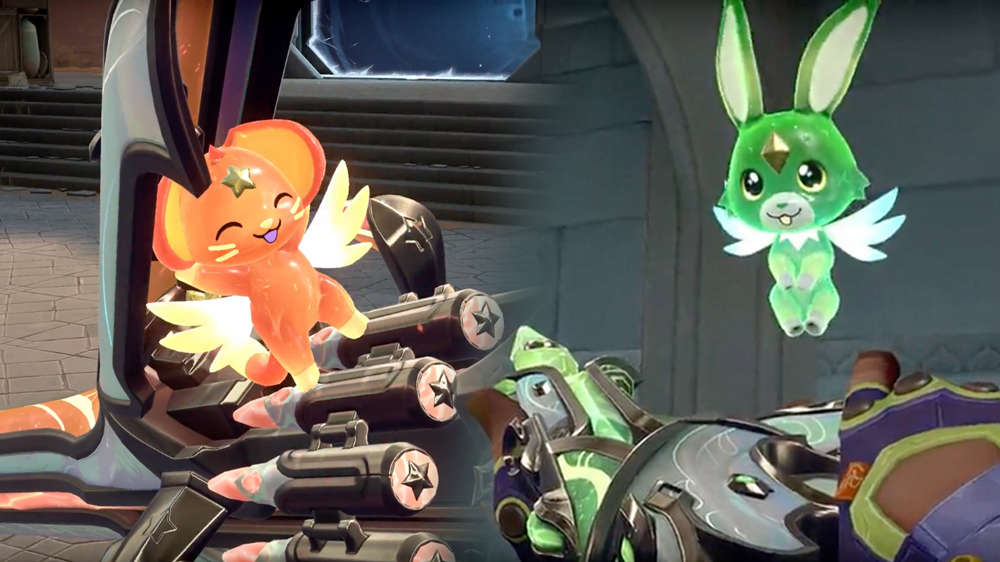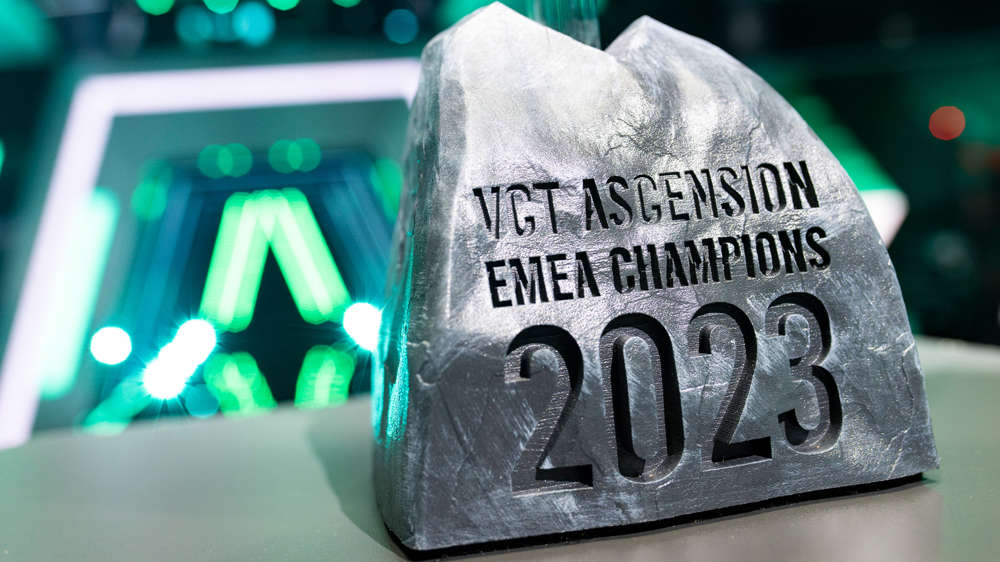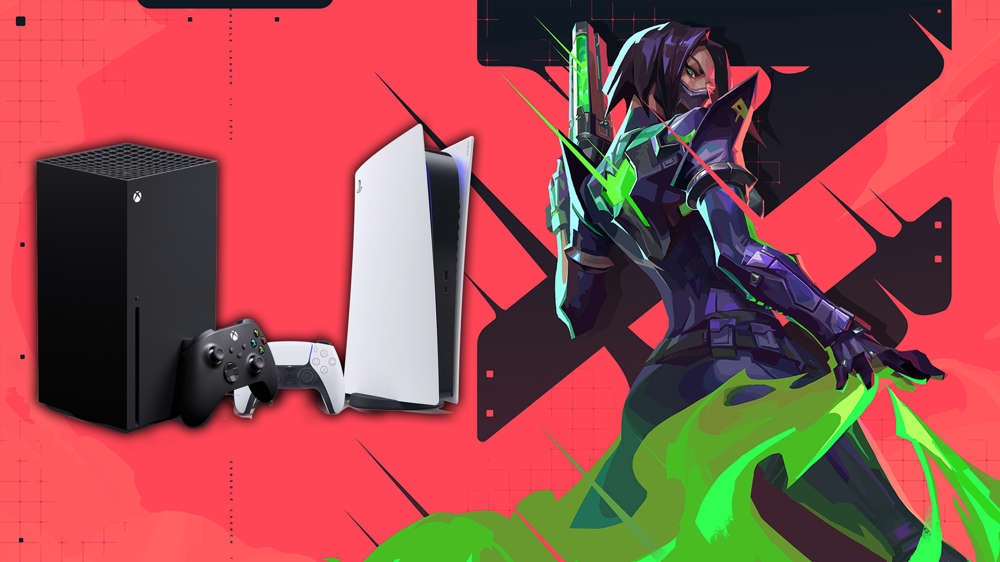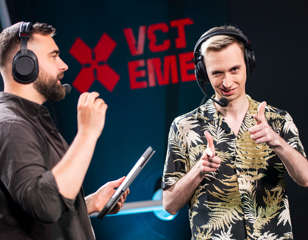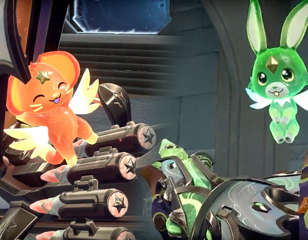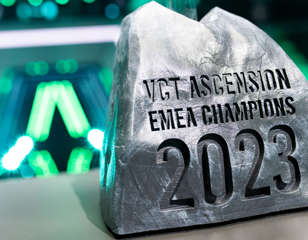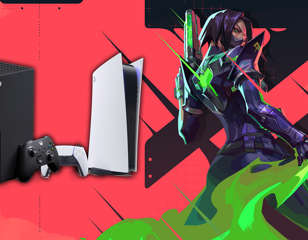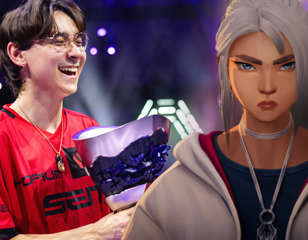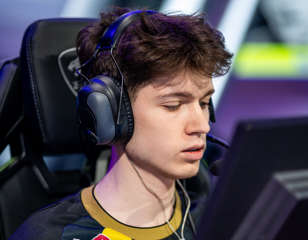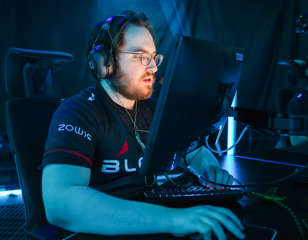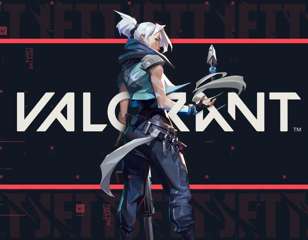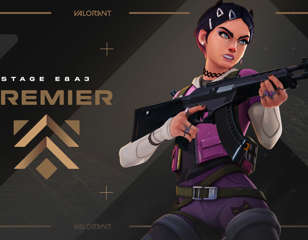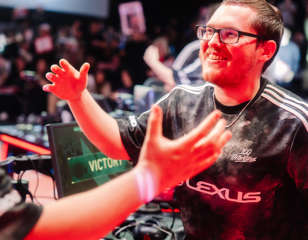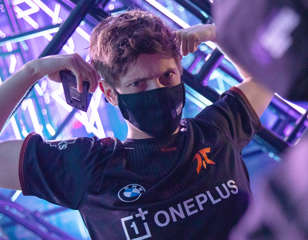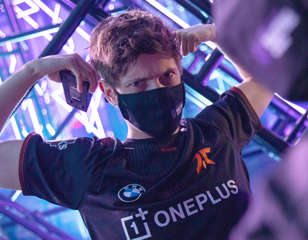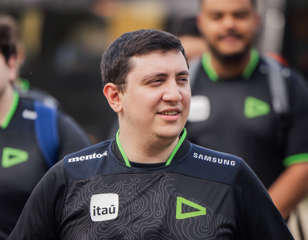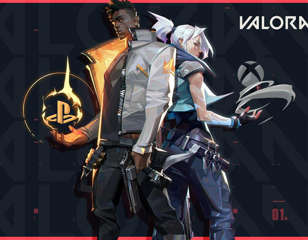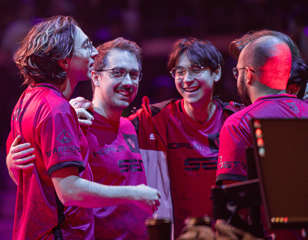Have we met the real VALORANT gameplay yet?
We've just met the game of VALORANT and yet we don't know in which direction it will develop.

Sascha Heinisch
26th Apr 2020 20:00
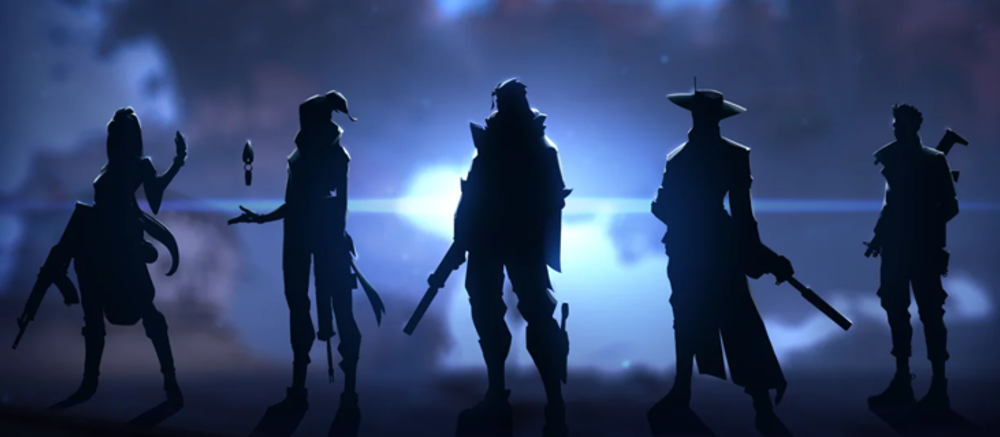
Just three weeks into closed beta, we’ve made the acquaintance of VALORANT, enjoyed its charms and experienced some of its tribulations alike. But how true are those first impressions to the game we will eventually be playing? As game companies and players develop more advanced ways to look at the game, its character may drastically change. Rarely has a competitive game retained even its core essence years down the line. How deep are its waters? Have we met the real VALORANT yet?
Hello VALORANT, nice to meet you!
Individually and collectively, we’ve come to a surface-level understanding of VALORANT and have judged the game accordingly. Some of us relate our experience in how it compares to other games of its type, how it reminds us of mechanics from other games like Counterstrike, and have painted our stance towards it that way. Others have shared views which points inwards, explaining what it feels like to play VALORANT. Whether you relate to it externally or internally, and while you may find great enjoyment in this current experience, there is no reliable way of telling if the qualia of VALORANT will not significantly change by the time we have thoroughly met this game, heart and soul.
Faces of the game
The people dominating the initial tournament levels of play are those that either come from a game with significant strategic and mechanical overlap or they are explorers, great at figuring out and executing core mechanics of a game before their peers do, though not perfectly. Therefore, the first wave of professionals who get their hands on a game inhabit very different qualities from those that will eventually be considered the best in the world down the line. Very few first movers are made of the stuff that makes champions down the line, because games change so fundamentally as they are explored. Those first-movers too must change as the game does or be threatened to be left behind. We’ve admittedly not even found them yet and they have not yet flavoured the scene with their personality. However, the pattern is well-established in other games. We’ve yet to find out who to vibe with and who to miss when they depart.

The race for improvement & the meta spin
Now that we’ve firmly arrived in the internet era of guides, player streams and tournament broadcasts, the access to tools for improvement is three clicks away. With server based matchmaking, ranks and ladders, the incentive to distinguish oneself will be pounding in the chest of many-a-competitor. The rate at which we figure out video games has increased rapidly. This puts our game developers in an arms race against our knowledge in order to be able to fulfill our expectations. As we learn more and more about the game, a meta game develops and it most often follows a trickle down process from the best in the game to the average player. Especially for brand new, hot-out-of-the-oven games, the top tier play of today is the average level of tomorrow.
Take for instance the possibility that teams find out that all smoke mechanics are incredibly potent in both defending and attacking a site to the point where the initial minute of each round develops to be a sort of speed chess of trying to outsmart the usage of the other teams utility before one eventually finds an opening and may only then reliably engage onto the other party. Would you enjoy a game which requires you to go into a war of attrition every single round with gunplay only taking up a few action-packed seconds a round on average? How much patience would you have and how would you experience being up against conservatively patient opponents for whom the only indication of their existence for 70% of the round was a faint smell of sweat and GFUEL? Would you try hard to achieve VALORANT rank in that instance? There are no right answers here, only met or betrayed expectations. Many people who enjoyed the first weeks of the run and gun gameplay of Fornite’s Battle Royale fell out of love when the game started requiring players to have an architectural license before even being allowed to engage in a gunfight. At the same time, many others loved it for exactly that, and cranking 90s became the thing some players got excited about.
Another example of the meta game developing could be if we find out that some agents are real counterpicks to the opponents line-up or that some agents synergize with certain agents way better than with others. At least mild indications of this being the case can be derived from initial numbers statistical tools spit out. Would you enjoy the experience of knowing that if you played your favorite agent, you’d be at a yet uncertain disadvantage? How do you think your teammates in the average ranked game would react to you picking it anyway? Before we know, the inquisitive and mild-tempered social atmosphere we currently enjoy may be gone.
Forcing developer hands
With organic changes in how the game plays happening due to the playerbase’s advancements, developers inevitably find themselves in situations where their hand is forced to make decisions with which a significant amount of the community will not be happy with but will have to be taken for the greater good. Balance changes such as the recent Raze nerf are not merely decisions of looking at winrates — she was above average but not outrageously so — but also reactions to the vocal parts of the community expressing that Raze wasn’t fun to play against.
On top of concerns for balance and fun game design, we also have to consider in order to achieve longevity, the majority of developers are forced to make changes for the sake of novelty even though the game might be in a perfectly balanced state, only due to interest dwindling due to stale meta perceptions of the general playerbase. If you’ve felt the slightest excitement for the prospect of regular agent releases, you will understand the pressure points this puts on a game and its development team. If you feel you’ve seen all the game has to offer and every future becomes perfectly predictable, they’ve essentially already happened and therefore lose their ability to surprise and excite us, no matter how perfect it is. Human psychology is so weird, even your favourite dish your grandma prepared would eventually feel stale if eaten exclusively. A game that no longer tickles the fancy of the little explorer in us will eventually always be met with apathy. Some games, like big brother Counterstrike, manage to satisfy that need with very few changes every now and then by having a magically ever-green formula. For other games, sometimes even a bad change is preferable to us than stagnation.
We might have an idea of what VALORANT is and we might even be able to think ahead and anticipate where this ride is going. But as all great games do, they change as we change alongside them, pushing and pulling each other. I can’t wait to meet tomorrow’s VALORANT.
Images courtesy of Riot Games

About The Author
Sascha Heinisch
Sascha "Yiska" Heinisch is a Senior Esports Journalist at GGRecon. He's been creating content in esports for over 10 years, starting with Warcraft 3.
